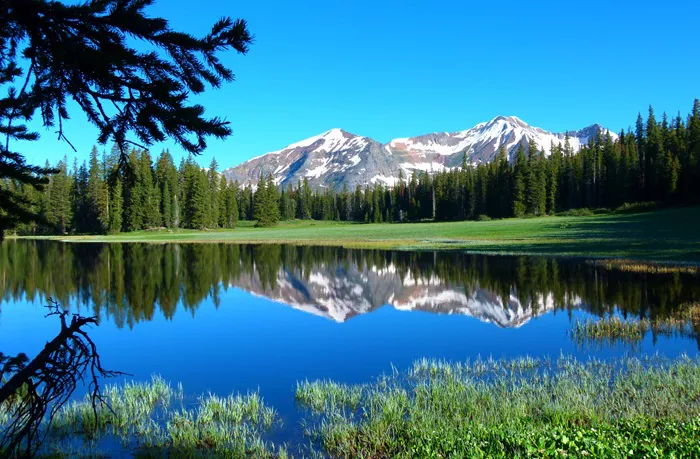In response to a looming threat of electricity shortages, Transpower has approved a plan allowing electricity generators to access previously restricted water storage in lakes Tekapo, Pūkaki, and Hāwea. This decision comes amidst alarmingly low hydro lake levels, which currently stand at just 55% of the average for this time of year—one of the lowest levels recorded historically.
Transpower’s Executive General Manager of Operations, Chantelle Bramley, stated that the access to “contingent storage” will be permitted only if a security of supply alert is issued. “Contingent storage refers to water in hydro lakes that can only be used for generation during critical times to mitigate the risk of an electricity shortage,” Bramley explained.
Bramley emphasized that without this access, hydro generators would face severe limitations in their generation capacity, which could escalate risks to system security. Although hydro storage levels typically rise in spring due to rainfall, the decision aims to provide flexibility to respond to worsening conditions if rain fails to materialize.
The Electricity Retailers’ Association (ERA) has expressed support for the measure. ERA Chief Executive Bridget Abernethy highlighted the necessity of exploring all available options to enhance flexibility in the current energy landscape. She commended other recent initiatives, such as the Methanex agreement to increase gas availability for electricity generation and the Tiwai Point aluminium smelter’s supply cutback, as crucial steps in addressing the energy crisis.
Abernethy also defended generators against criticisms of not investing profits into new generation sources, noting that investment in new generation has actually doubled over the past 18 months. However, she acknowledged that the sector faces challenges due to a reduction in gas supply and a dry year.
Uncertainty surrounding the Labour government’s plans for the Onslow battery farm has added to the industry’s challenges. Abernethy stressed the need for stability and certainty to encourage long-term investments in the sector.
The Electricity Authority, represented by Chief Executive Sarah Gillies, has pointed out that additional generation capacity is necessary, rather than merely focusing on power-saving campaigns. Gillies acknowledged the unsustainable state of the industry and noted that recommendations have been made to address the supply challenge, with some positive effects on prices.
“The energy sector is undergoing a significant transition, and more generation capacity needs to be introduced to address diminishing gas supplies,” Gillies said. She underscored that while there is no immediate solution to the supply challenges, the authority is closely monitoring the progress of new generation projects and working with industry stakeholders to expedite the transition process.
Regarding the possibility of allowing generators to withdraw additional water from the storage lakes, Gillies indicated that this is one of several measures being considered to manage the supply situation effectively.
related topics:
- Briggs & Stratton P2400 Portable Generator Review
- How to Convert Diesel Generator to Natural Gas?
- How Long Does a Whole House Generator Last?

